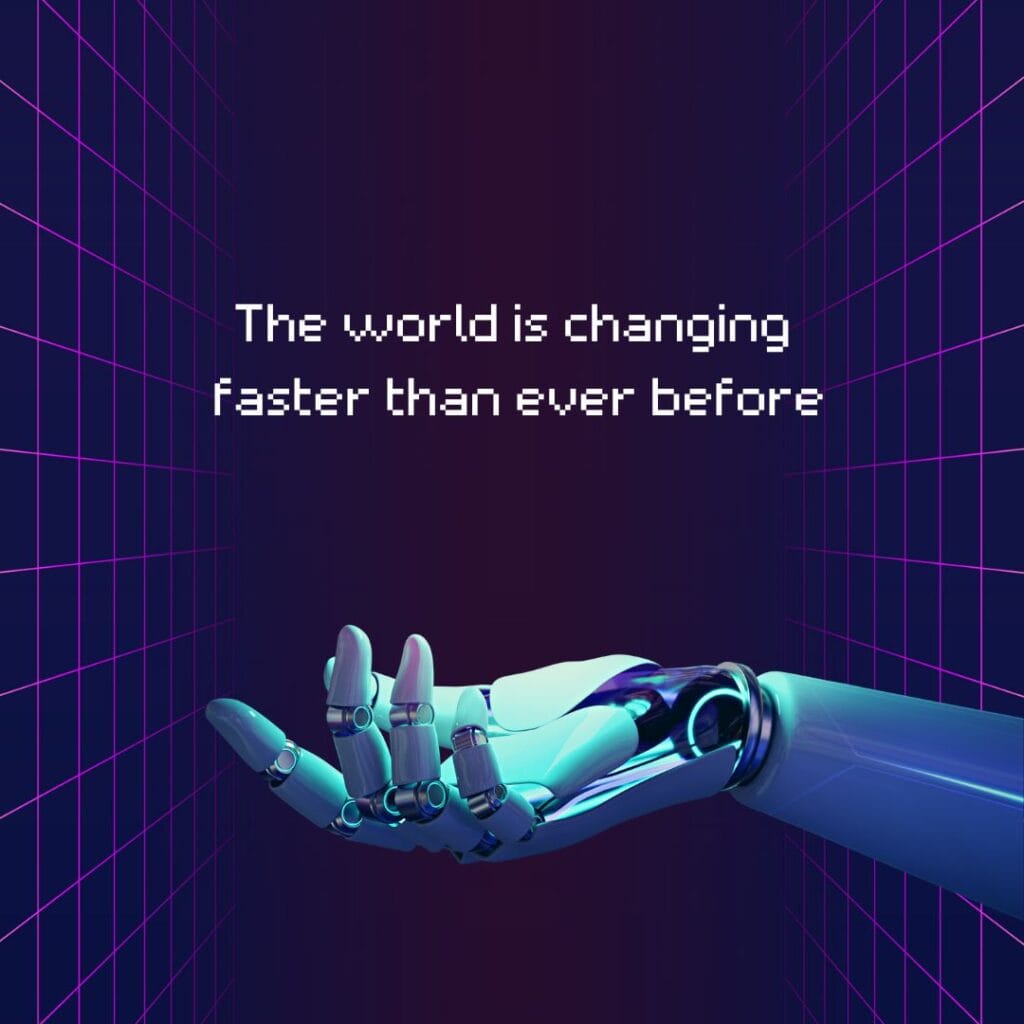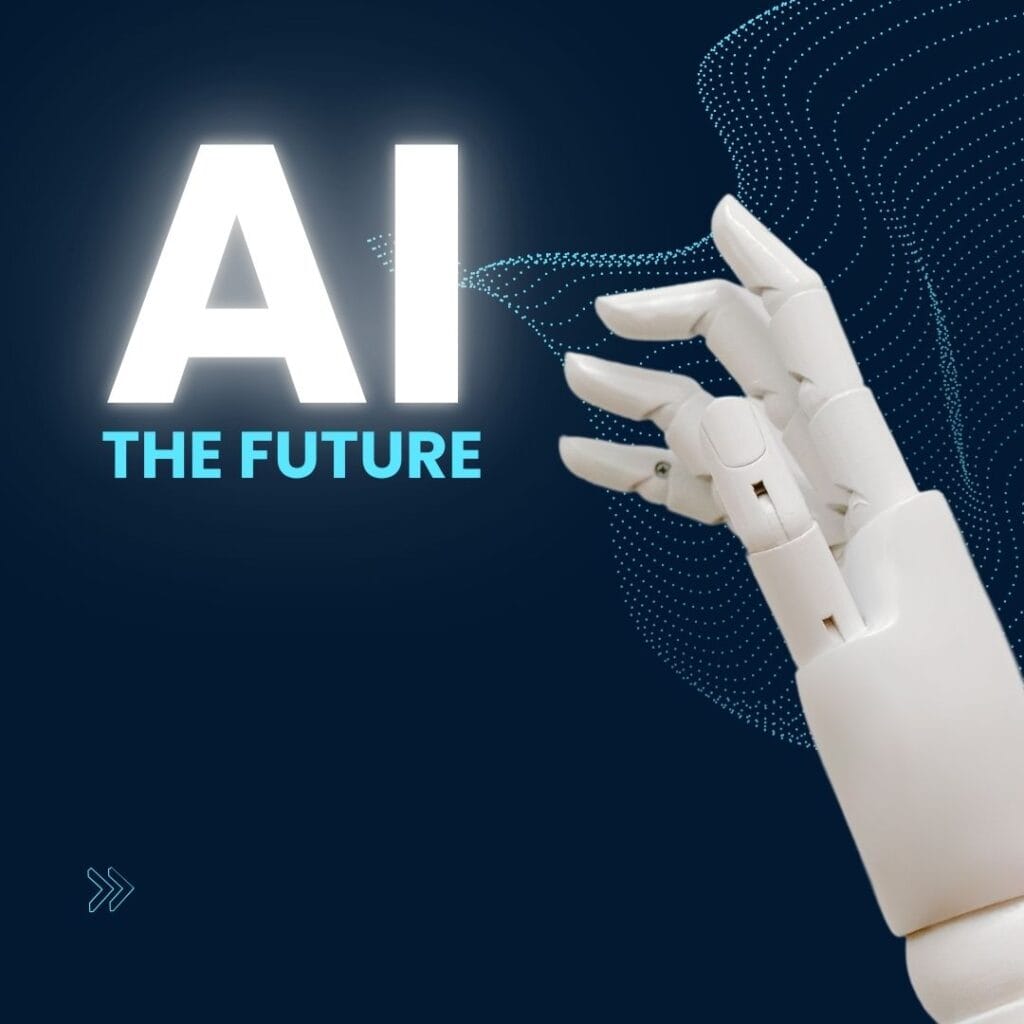The world is changing faster than ever before, yet much of what children learn in schools remains rooted in the past. Today’s education system still revolves around preparing students for traditional jobs and industries, many of which no longer exist in their previous forms. As automation, technology, and global challenges reshape the world, we must ask ourselves: are we equipping children with the skills and knowledge they need to thrive in the future?
The answer, for many, is no. It’s time to rethink education—not just what we teach, but how we teach it. Here’s an inspiring vision of a future-ready curriculum designed to prepare children for the world they will inherit.
Why the Current Curriculum is Outdated
Subjects like maths, English, science, and geography have long been staples of education. While these subjects remain important, the way they are taught often fails to reflect the realities of modern life. Students leave school equipped with algebra skills but often lack basic financial literacy. They can recite historical dates but may not understand how to adapt to a rapidly evolving digital economy.
The current curriculum was designed for a world of predictable jobs and steady career paths. However, the future demands adaptability, creativity, and a diverse skill set. To prepare children for this reality, education must evolve.
A Future-Ready Curriculum: What Schools Should Teach
Imagine a curriculum that not only prepares children for exams but also for life. Here’s what a modern, forward-thinking curriculum could look like:
1. Digital and Technological Literacy
In a world driven by technology, digital literacy is non-negotiable. Future students should learn:
- Coding and Programming: Understanding the language of technology is essential.
- Artificial Intelligence (AI): Teaching children how AI works and its implications.
- Cybersecurity: Equipping students with the knowledge to stay safe online.
- Ethics of Technology: Encouraging critical thinking about how technology shapes society.
2. Emotional Intelligence and Mental Well-Being
Emotional intelligence (EQ) is as important as IQ. Schools should prioritise:
- Mindfulness and Stress Management: Teaching students how to focus and manage anxiety.
- Empathy and Communication: Fostering strong interpersonal skills.
- Resilience: Helping children bounce back from setbacks.
- Mental Health Awareness: Breaking stigmas and encouraging open conversations.
3. Financial Literacy and Entrepreneurship
Money management is a skill every adult needs, yet it’s rarely taught in schools. A future-ready curriculum would include:
- Budgeting and Saving: Helping students understand personal finance basics.
- Investing: Introducing concepts like stocks, pensions, and cryptocurrency.
- Starting a Business: Encouraging entrepreneurial thinking and innovation.
- Taxation and Economic Systems: Providing a practical understanding of how economies function.
4. Sustainability and Global Citizenship
With climate change and globalisation reshaping the planet, schools must teach:
- Environmental Science: Focusing on renewable energy, conservation, and sustainable living.
- Global Economics: Explaining how interconnected the world has become.
- Cultural Awareness: Promoting understanding and respect for diversity.
- Practical Sustainability: Hands-on projects like planting trees or reducing waste.
5. Creativity and Innovation
Creativity is the key to solving complex problems. Future students should explore:
- Interdisciplinary Arts: Combining music, drama, and visual arts with technology.
- Design Thinking: Teaching students how to innovate and improve systems.
- Storytelling and Communication: Building confidence in presenting ideas.
- Creative Problem-Solving: Encouraging out-of-the-box thinking.
6. Critical Thinking and Problem-Solving
Learning by repetition has little place in a world where information is readily accessible. Instead, schools should emphasise:
- Analytical Thinking: Evaluating data and arguments critically.
- Project-Based Learning: Solving real-world problems through teamwork.
- Ethical Debates: Encouraging discussions on global and technological dilemmas.
- Adaptability: Teaching students to pivot and learn in changing environments.
How GCSEs Could Evolve
Imagine GCSEs that reflect this modern curriculum. Instead of rigidly defined subjects, students could choose pathways tailored to their interests and goals. For example:
- STEM Pathway: Advanced digital literacy, environmental science, applied mathematics.
- Creative Pathway: Interdisciplinary arts, design thinking, storytelling.
- Global Citizenship Pathway: Sustainability, cultural studies, ethical leadership.
Assessments could move beyond traditional exams, incorporating:
- Portfolios: Showcasing projects, essays, and creative work.
- Practical Exams: Demonstrating skills like coding or problem-solving in real-time.
- Collaborative Challenges: Group tasks that reflect workplace dynamics.
What Schools Can Do to Implement These Changes
- Engage Industry Experts: Invite professionals to share insights and mentor students.
- Invest in Teacher Training: Equip educators with the skills to teach future-focused subjects.
- Adopt Technology: Use digital tools to enhance learning and provide flexibility.
- Rethink Classroom Design: Create collaborative, hands-on spaces for creativity and innovation.
Preparing Children for the Future They Deserve
Education is the foundation of society, and the way we teach must reflect the world our children will live in. A curriculum that emphasises adaptability, critical thinking, and emotional intelligence will not only prepare students for future careers but also empower them to lead fulfilling lives and tackle global challenges.
It’s time to rethink what we value in education. Let’s prepare our children for the future—not the past.




2 comments